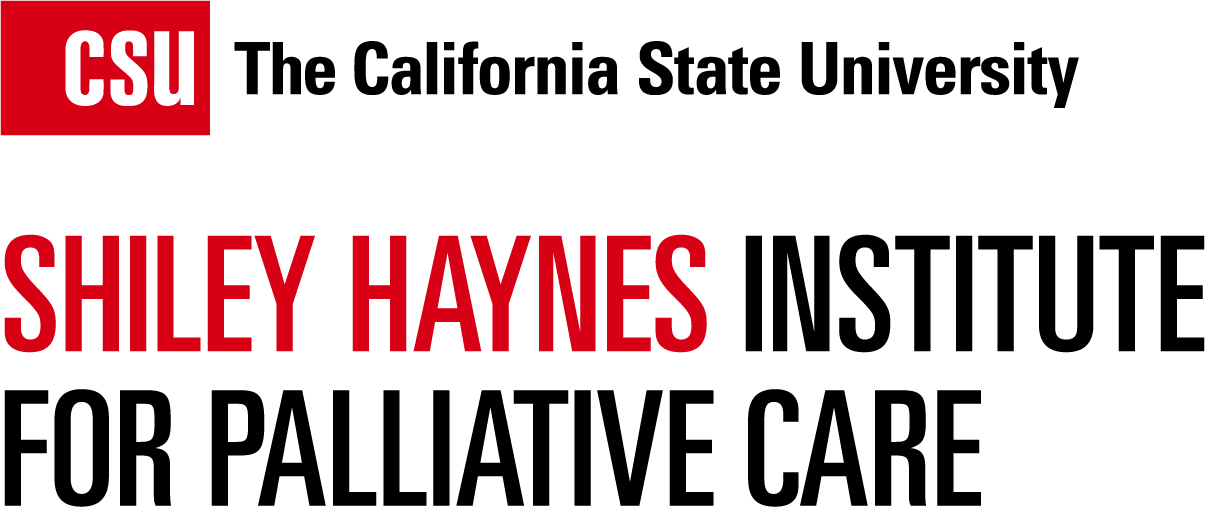Advance Care Planning
Let's Talk: Promoting and Engaging in Advance Care Planning
Let’s Talk: Promoting and Engaging in Advance Care Planning is a one-day training for people who want to engage organizations, individuals, or communities in advance care planning (ACP). Learn to:
- Identify solutions for overcoming personal and societal barriers to engaging in ACP.
- Practice using multiple tools for engaging others in ACP.
- Describe ways to effectively document wishes for end-of-life care.
Let's Talk About Thinking Ahead
Let's Talk About Thinking Ahead is our skills training for healthcare professionals leading ACP discussions with people living with I/DD. Professionals who have attended this training, have consistently rated it highly in helping them achieve:
- Better understanding of the benefits of ACP for the individual, as well as for friends and family.
- Realizing the risks of not having an advance care plan.
- Seeing how our own experiences and perspectives can help with, or get in the way of, supporting clients in planning.
- Better understanding of how to help individuals with I/DD plan for aging, illness, death, and loss.
- Understanding ACP and POLST–how and when they fit into an IPP.
- Feeling more comfortable and more skilled in guiding individuals with I/DD through ACP.
Let's Talk About POLST
Let's Talk About POLST is the gold-standard in POLST education. This training is designed to help healthcare providers and organizations develop the skills necessary to have quality POLST conversations. Using the standardized California POLST curriculum, this training guides participants through the POLST form and uses role-playing exercises to model the complex scenarios that arise during end-of-life care discussions. Holding quality conversations about care at the end of life can be difficult for anyone, and this is especially true for healthcare providers who need to talk with seriously ill patients and their loved ones about treatment options near the end of life.
When a POLST is completed and signed without first having a quality conversation, it may not fully reflect the wishes of the patient and could later lead to unwanted treatment and confusion on the part of a surrogate decision maker or loved ones. Learn to:
- Describe the target population for POLST completion.
- Facilitate a culturally appropriate POLST conversation.
- Complete a POLST document.
- List the signatures required on the POLST.
- Describe two examples of when a POLST discussion is referred to primary physician, nurse practitioner, or physician assistant for POLST completion.
- Describe the difference between an advance health care directive (AHCD) and the POLST document.
- Convey the importance of completing an AHCD with a patient who has capacity to name their agent/healthcare decision maker.
- Facilitate a discussion on how to complete a culturally appropriate AHCD.
- Identify two conditions that may cause functional decline leading to a primary focus on palliative care with comfort as the goal of care.
- Discuss the importance of palliative care with patients and their loved ones.
Let's Talk About POLST for Pediatrics
POLST for Pediatrics – Conversations about end-of-life care are never easy, especially when the care concerns a seriously ill child. This curriculum teaches clinicians how to have sensitive, meaningful end-of-life care discussions with parents about their child. Released in 2012 and revamped in 2019, the curriculum guides doctors, nurses, and other providers in using a POLST (Physician Orders for Life-Sustaining Treatment) form to record parents’ wishes for their child’s care in the final days of life.
Let's Talk About the California End of Life Option Act
Let's Talk About the California End of Life Option Act is a half-day interactive workshop where participants will review key aspects of the law and learn how it could impact providers and organizations. You will also have the opportunity to practice conversation skills for engaging your patients to explore and discuss their end-of-life concerns and preferences. Learn to:
- Discuss key aspects of the California End of Life Option Act, including patient eligibility and required provider actions.
- Describe how ethical considerations impact personal and organizational participation.
- List three important things to consider when patients ask about their dying process.
- Implement conversation skills to help patients discuss end of life.
Culturally Congruent Care
Building Bridges: End-of-Life Care Through a Cultural Lens
Building Bridges is a one-day workshop that is a unique opportunity for healthcare professionals to explore their own cultural biases and apply what they learn to their work with seriously ill patients. Learn to:
- Investigate your own cultural biases and behaviors.
- Explore the role culture and ethnicity play at the end of life.
- Role play how to have culturally sensitive discussions about palliative medicine and end-of-life care with patients and their loved ones.
Other Education Opportunities
Annual Palliative Care Summit
For more information about our Annual Summit, click here.
Webinars
CCCC hosts one-hour professional development webinars to provide education on unique aspects of person-centered care designed specifically for healthcare professionals. Past webinars have focused on topics as diverse as community-based palliative care, telemedicine, Alzheimer’s and dementia, and the roles of specialists in the palliative care setting. LEARN MORE

Effective Advance Care Planning: Skills Building for the Entire Organization was designed to expand the workforce of skilled professionals trained to promote and facilitate advance care planning in all care settings. The courses detail critical components of advance care planning in the context of the new Medicare reimbursement. 24/7 ONLINE TRAINING.
Learn more at www.csupalliativecare.org.